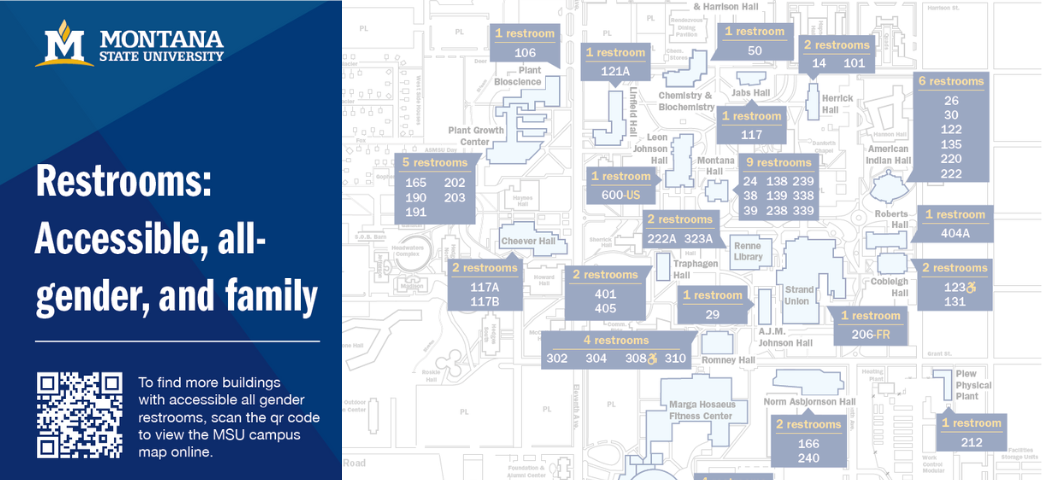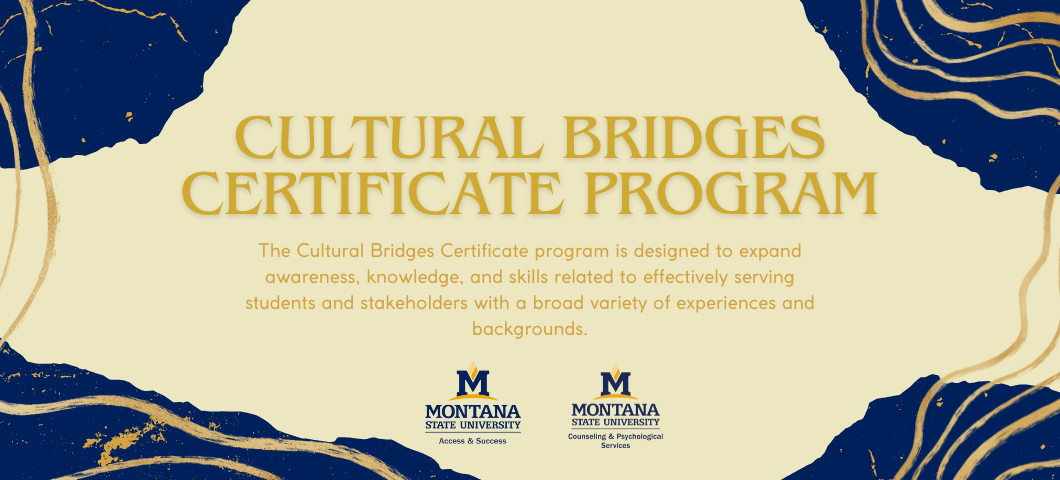Access and Success is a unit of Student Success focused on promoting Montana State University's commitment to making education accessible to all students and bringing students into supportive environments that set them up for success. By celebrating students' unique backgrounds and experiences, we create environments in which all students can thrive, discover their strengths, and confidently shape a better future for themselves and the world around them.
By providing comprehensive support through the Leadership Institute, Student Commons, Women's Center, educational training programs, and community resources, we aim to break down barriers to access, promote personal and academic success, and cultivate leadership potential. Our commitment is to ensure that every individual from any background, has the resources, opportunities, and support needed to thrive and contribute meaningfully to a diverse and dynamic campus community.
Access and Success offices and programs focus on:
- Support and Empowerment: We empower students through our programs, mentoring, and collaborative networks of support.
- Personal Growth and Development: We understand the importance of cultivating personal and community growth.
- Welcoming Environments: We work with students to develop a sense of belonging at MSU that is central to student well-being and success.
Access and Success Offices
News







